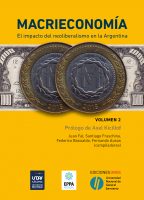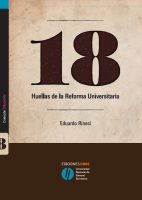Políticas sociales y prácticas ciudadanas a partir de la implementación de la Asignación Universal por Hijo en Argentina (2009-2015)
Universal Child Benefit for Social Protection (by its acronym in Spanish AUH) was implemented in Argentina in 2009.This social policy connects the State and the popular sectors. In order to understand the implications of the AUH in this connection, we will analyze the characteristics of its implementation and its effects. We will carry out a qualitative approach of the mediations formed by the policy experience from the perspective of its recipients: socio-territorial organizations, their circulation in the state offices, and their home-family.
Our thesis is that the AUH generates citizenship practices that are characterized by the individualization and lead to paradoxical effects. On the one hand, how people are informed, how collection is handled and how they access to it as well as the monetization of the connection the AUH produces allow direct access to social protection within certainty. As a consequence, it reinforces a dyadic relationship State-popular sectors and strengthens the individual citizenship tending to universality. On the other hand, it breaks up the bonds of local sociability and puts a strain on the solidarity principles that impede the emergence of collective claims for the breach of human rights. Moreover, the responsibility for the effective accessibility (processing, requirements fulfillment, use of money) is moved to the private sphere. This familiarization of welfare affects unevenly women-mothers.







